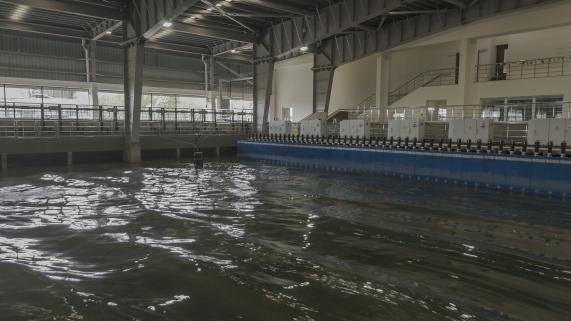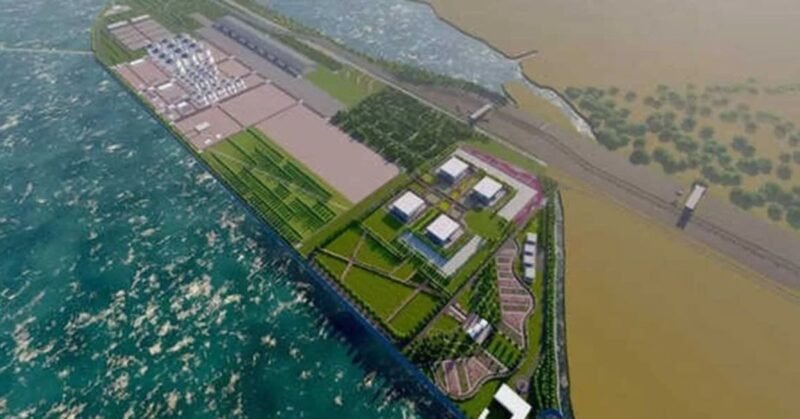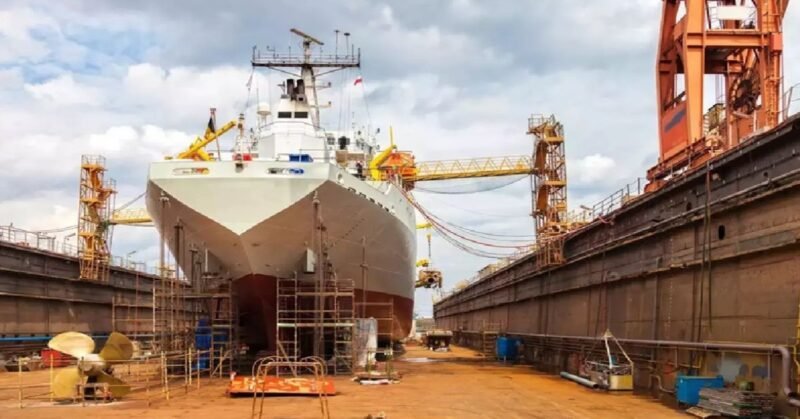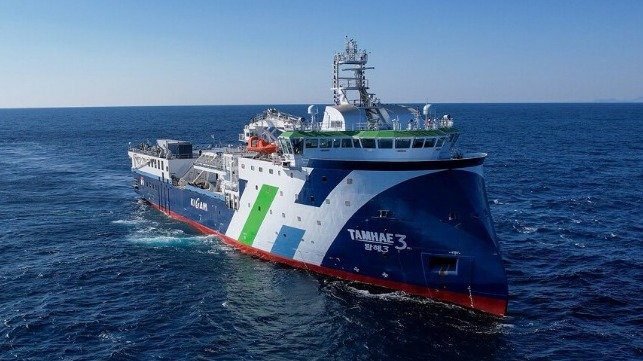The Indian Institute of Technology Madras (IIT Madras) has unveiled Asia’s largest Shallow Wave Basin Research Facility, located at the ‘Discovery’ Satellite Campus in Thaiyur. This state-of-the-art facility is set to revolutionize coastal and marine engineering research in India, addressing critical challenges in ports, waterways, and coastal infrastructure. Developed under the National Technology Centre for Ports Waterways and Coasts (NTCPWC), the facility serves as a hub for cutting-edge research and technological advancements supported by India’s Ministry of Shipping.
The Shallow Wave Basin features a multi-directional wave simulation system capable of replicating complex wave and current interactions, including 3D wave impacts, sediment transport, hydraulic performance, and the effects of climate change on coastal structures. Professors at IIT Madras emphasize the facility’s significance, positioning the institute as a global leader in shallow wave basin research. Notably, the emphasis on indigenous innovation is highlighted, with most components locally designed and fabricated within IIT Madras, showcasing a ‘Make in India’ success story.
Prof. Torsten Schlurmann from Leibniz University of Hannover, Germany, praised the facility as a significant milestone in marine research, enabling groundbreaking research and fostering international collaboration. The facility’s advanced infrastructure offers scalable testing capabilities for various coastal and offshore structures, dynamic sediment interactions, and hydrodynamic performances. Equipped with advanced sensors and AI-driven technologies, the data-gathering and analysis systems ensure highly accurate simulations and results, facilitating cross-border collaborations and knowledge exchange. The facility also aims to serve as a knowledge-sharing platform for other academic institutions and research centers across India.

















